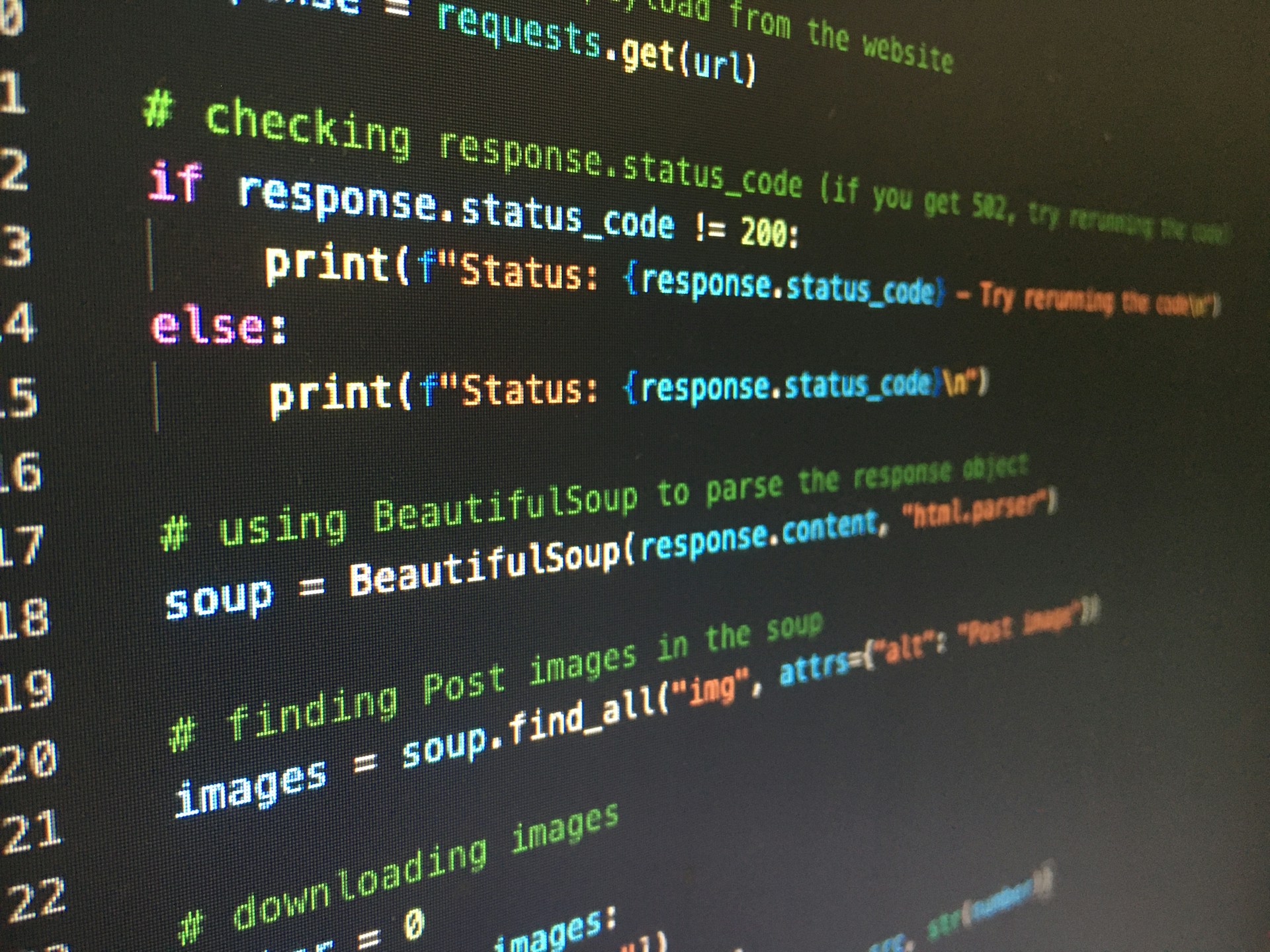Nvidia has officially made its Warp Python framework open source under the Apache 2.0 license. Designed for high-performance physical simulations, data generation, and spatial computing, Warp compiles Python functions just-in-time into kernel code that can run on both x86 CPUs and CUDA-enabled GPUs.
Although Nvidia hasn’t publicly explained the reasons behind the license switch, the move follows criticism from the developer community regarding the framework’s original license. Previously, Warp was released under a proprietary license that, while disclosing the source code, retained significant usage restrictions. The transition to Apache 2.0 now qualifies Warp as fully open source, addressing those concerns and encouraging broader adoption.
Performance Close to Native CUDA Code
Warp offers a specialized set of tools—or primitives—for use in physics-based simulations, robotics, sensor applications, and geometric processing. These include advanced data structures such as meshes, hash grids, and sparse volumes optimized for GPU use. Unlike tensor-based programming models, Warp provides developers with more direct control over kernel and thread management, built-in conditional logic, and support for sparse scatter/gather operations, enhancing vectorized computing performance.
The framework supports reverse-mode differentiation, enabling seamless integration into machine learning environments like PyTorch, JAX, Nvidia Omniverse, PhysicsNeMo, and Paddle. Nvidia promotes Warp as delivering simulation speeds comparable to native CUDA code, while maintaining the ease and developer productivity of Python.
Platform and GPU Support
Warp is compatible with x86-64 and ARMv8 architectures and runs on Windows, Linux, and macOS. To leverage GPU acceleration, users need CUDA-capable GPUs with compatible drivers, starting from the GeForce GTX 900 series. For Python, Nvidia recommends version 3.9 or later. The binaries available via PyPI are built with CUDA 12 and require driver versions 525.60.13 or newer for Linux (x86-64), and 528.33 or newer for Windows (x86-64).
By going open source, Nvidia positions Warp as a more accessible and powerful tool for developers working on GPU-accelerated simulations and machine learning applications, solidifying its role in the broader scientific and AI programming ecosystem.
 Vivo’s 2026 Roadmap: A Dual 200MP Monster and a Surprise DJI Rival
Vivo’s 2026 Roadmap: A Dual 200MP Monster and a Surprise DJI Rival  Frankfurt’s Dax Flatlines in Pre-Holiday Lull as U.S. Data Offers Mixed Signals
Frankfurt’s Dax Flatlines in Pre-Holiday Lull as U.S. Data Offers Mixed Signals  Market Momentum for Specialized Funds: Latest Updates on JAAA and Aristotle Small Cap
Market Momentum for Specialized Funds: Latest Updates on JAAA and Aristotle Small Cap  Leaked Sony Xperia 10 VII Renders Reveal Major Design Overhaul
Leaked Sony Xperia 10 VII Renders Reveal Major Design Overhaul  Tesla Quietly Pulls Plug on Model S and Model X Sales in Germany and Beyond
Tesla Quietly Pulls Plug on Model S and Model X Sales in Germany and Beyond  Temu Targets Germany’s Grocery Market: A New Competitor for Aldi, Lidl, and More
Temu Targets Germany’s Grocery Market: A New Competitor for Aldi, Lidl, and More  NFC Gets a Major Upgrade: New Standard Expands Range Fourfold
NFC Gets a Major Upgrade: New Standard Expands Range Fourfold  American Coastal Insurance Corp.: Focused on Residential and Commercial Insurance Solutions
American Coastal Insurance Corp.: Focused on Residential and Commercial Insurance Solutions  HUAWEI FIT 4 Pro: A Smartwatch That Delivers Without Breaking the Bank
HUAWEI FIT 4 Pro: A Smartwatch That Delivers Without Breaking the Bank 